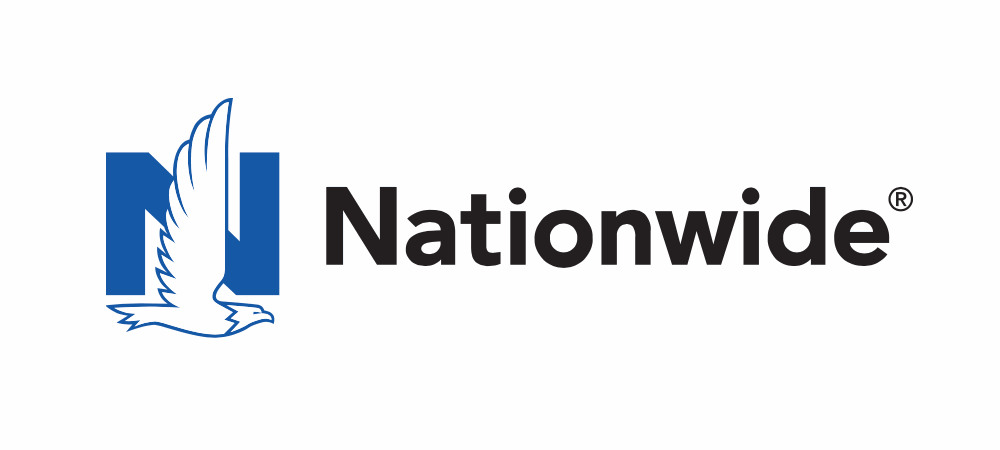Certificates of deposit (CDs) are deposit account alternatives to savings accounts and money market accounts. They earn you higher returns, and they share some of the same perks. For one thing, CD accounts are safe places to store your money.
Why invest in a CD? Read on to explore how this account type works and three reasons you may want to consider putting some of your money in one.
1. CDs are safe
You may prefer to invest in a CD rather than the stock market because there isn't any risk of losing your initial deposit to underperformance. A CD is a type of bank account, and just like checking and savings accounts, you don't have to worry about losing any cash you put in.
The Federal Deposit Insurance Corporation (FDIC) protects money you invest in a CD up to $250,000 per person in case of bank failure. This is the same protection afforded to checking and savings accounts. It's what makes putting your money in a bank or credit union account so safe.
READ MORE: Safest Banks in the U.S.
2. CDs offer better rates than savings accounts
A CD typically pays you more than a savings account at the same bank. The interest rates are just better. That's because CDs restrict your money more. Once you deposit into a CD, you cannot withdraw that money until the CD term is up. Otherwise, you pay a penalty.
You can usually secure a better CD rate if you choose a longer term, so if you don't need your savings for the next five years, you're probably better off putting your money in a 5-year CD rather than a 1- or a 2-year CD. You'll be more likely to earn a higher return on your deposit.
TIP
If you're looking for more in-depth information on CDs, here are a few we've reviewed:
3. You can lock down high interest rates
CD interest rates are stable from the moment you deposit. They won't go up or down until your term expires. You can take advantage of this feature by investing when rates are high. That way, when savings account rates plummet, you continue to earn great returns.
There's no way to tell for sure when rates will fall. Generally, rates are tied to the federal funds rate, which is set by the Federal Reserve. This body raises rates to fight inflation and lowers them to fight disinflation. Right now, rates are some of the highest they've been in years.
Here's how to maximize your chances of profit: diversify your investment portfolio into CDs, stocks, bonds, or whatever you're comfortable with. Diversification boosts security. Plus, a mix of CDs and stocks boosts your profit potential -- stock returns have no cap.
To be extra secure, you could set up a CD laddering strategy. For example, you could spread $3,000 by putting $1,000 each in 1-, 2-, and 3-year CDs. Each year, you'd choose whether to withdraw from an expired CD penalty-free or roll over the money into a new term. In short, CD laddering lets you withdraw more money more often.
Are CDs worth it?
Yes, investing in CDs is a great way to earn interest on your money without the risks associated with investing in the stock market. Just be aware that some CDs require a minimum deposit. This could be anywhere from a few hundred to a few thousand dollars.
Right now, many of the best CDs have low or zero minimum deposit requirements. They offer a winning combo of high rates and safe profits. Shop around to snag the best deals. Remember to only choose CD terms lengths that fit your budget, or else you could lose money to penalties.
Browse CD rates
Thinking of opening a CD? Browse some of the best CD rates below:
| Bank & CD Offer | APY | Term | Min. Deposit | Next Steps |
|---|---|---|---|---|
|
Member FDIC.
| APY: 5.10% | Term: 10 Months | Min. Deposit: $0 | |
|
Member FDIC.
| APY: 4.70% | Term: 1 Year | Min. Deposit: $2,500 | |
| APY: 5.05% | Term: 1 Year | Min. Deposit: $1 | ||
| APY: 5.15% | Term: 9 Months | Min. Deposit: $1 | ||
|
Member FDIC.
| APY: 4.75% | Term: 1 Year | Min. Deposit: $500 |
Still have questions?
Here are a few other questions we've answered:
FAQs
-
Savings accounts are flexible alternatives to CDs. With savings accounts, you don't have to worry about early withdrawal fees. They offer lower interest rates, but the best high-yield savings accounts offer almost as much as top-tier CDs. Money market accounts offer similar perks as savings accounts, but they offer a slightly different set of pros and cons.
-
CDs are safe as savings accounts. Plus, they pay you better interest rates than savings accounts. You can lock in high rates by investing in CDs. This makes CDs generally superior to savings accounts when rates are high and headed downward. Finally, you can use the threat of CD early withdrawal penalties as an incentive to leave your savings alone.
-
CDs lock up your deposits for a set CD term lasting a few months to several years. If you withdraw the deposit before the term is up, you must pay early withdrawal fees. Plus, you must withdraw your entire deposit at once. Generally, CDs are less flexible than savings accounts or money market accounts. Finally, CD deposits have historically returned less than the stock market over the long term.
Our Banking Experts
We're firm believers in the Golden Rule, which is why editorial opinions are ours alone and have not been previously reviewed, approved, or endorsed by included advertisers. The Ascent does not cover all offers on the market. Editorial content from The Ascent is separate from The Motley Fool editorial content and is created by a different analyst team.



